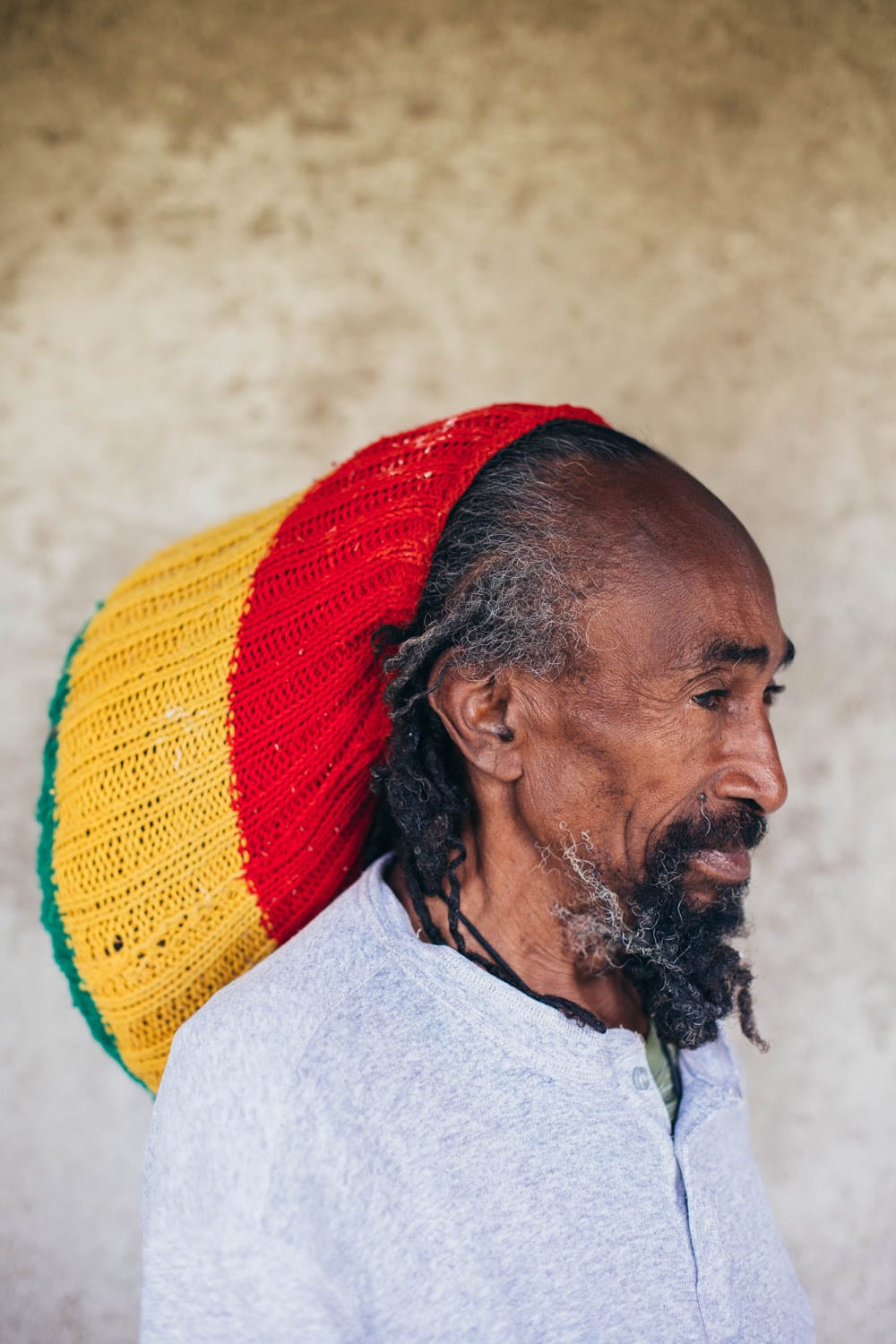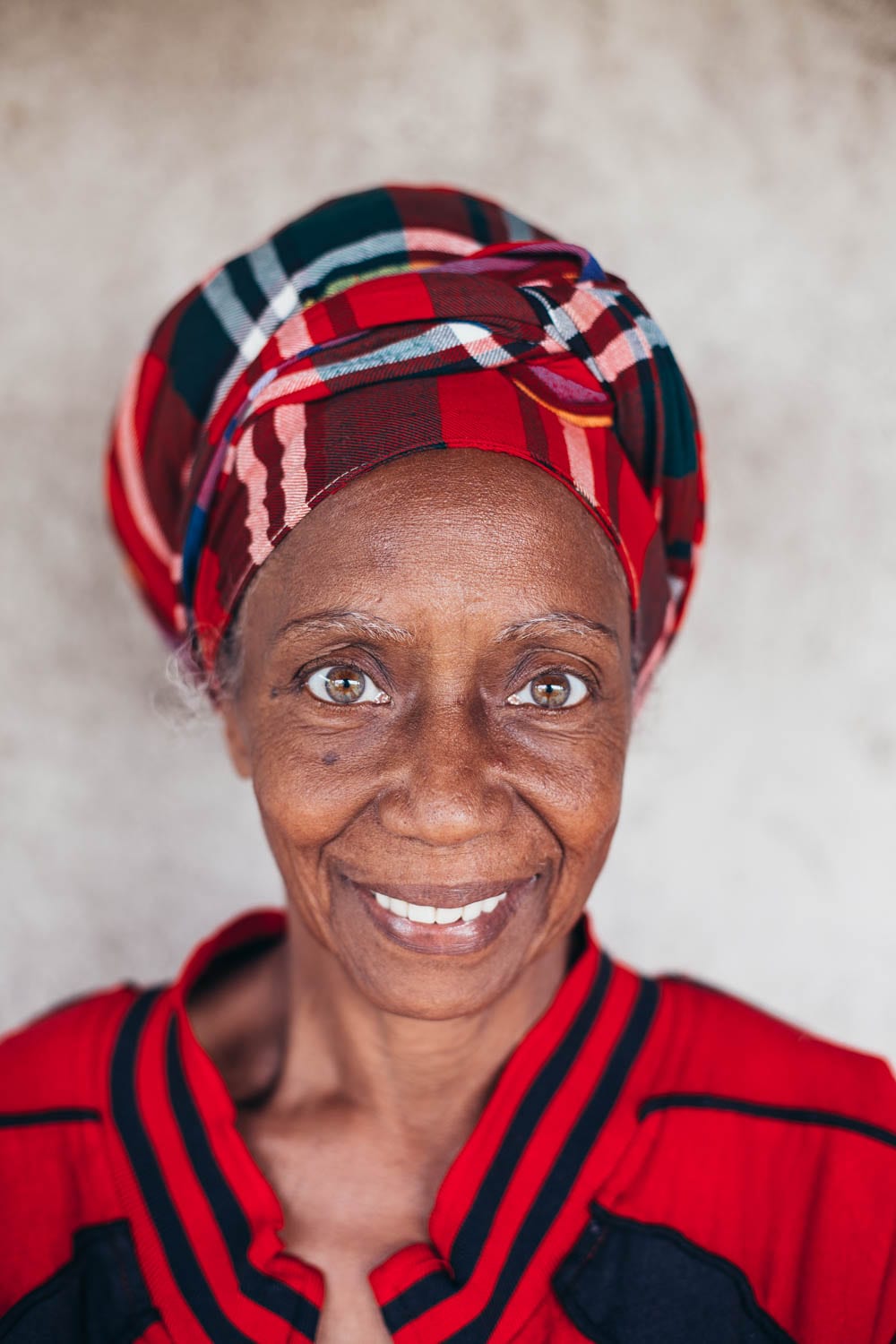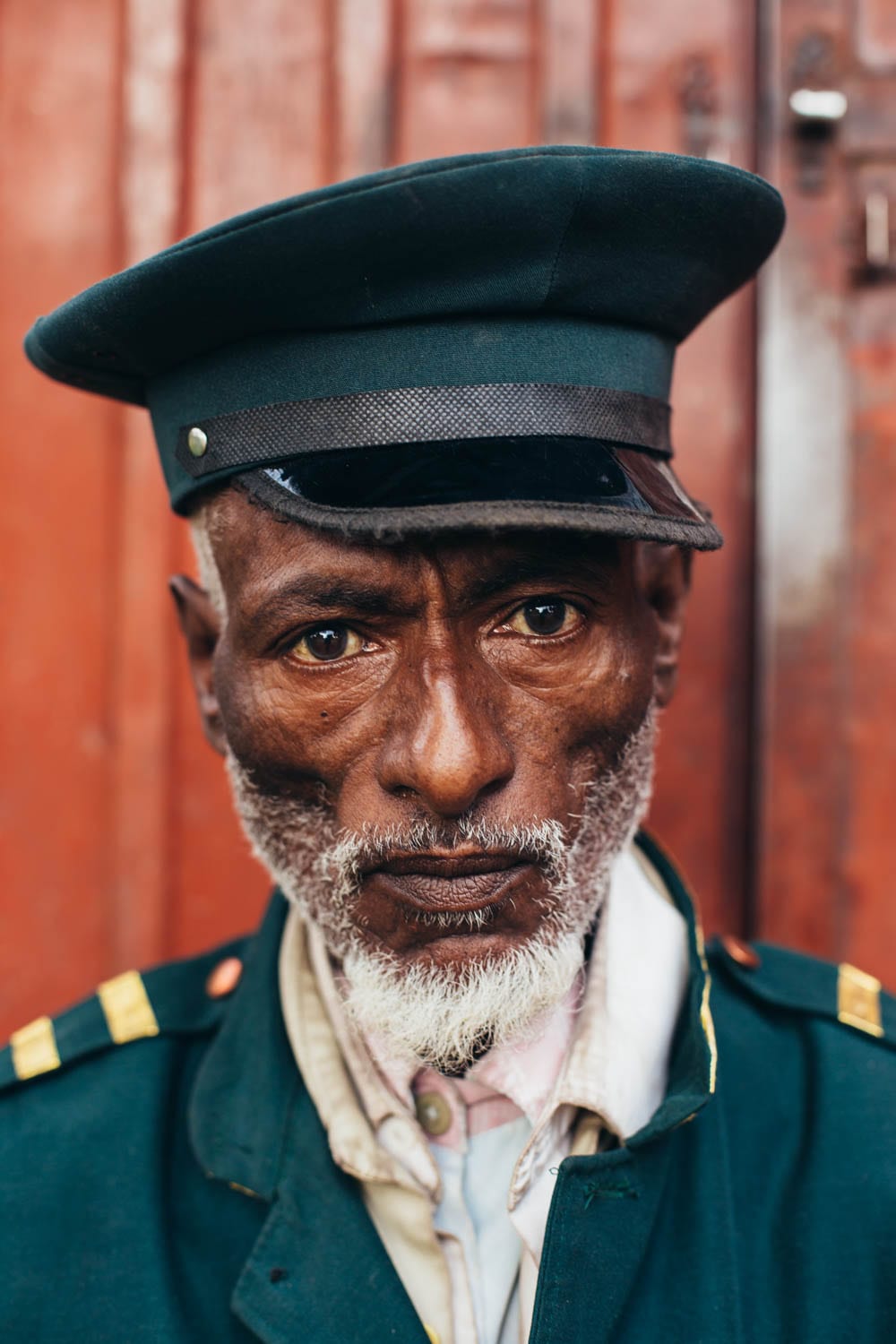Sarah Waiswa is a Kenya-based documentary and portrait photographer, whose key interests are people and their stories. Much of her work focuses on identity, and explores themes surrounding isolation and belonging in her native Africa. In particular, she is concerned with documenting what she calls the New African Identity – a term she coined to describe a new era of cultural freedom on the continent – and what this might mean for Africa’s future.
Born during Idi Amin’s dictatorship in Uganda, Waiswa and her family were forced to flee to Kenya shortly after her birth. This formative experience has affected both Waiswa’s worldview, and her photographic aims; exploring her connection to place is still a central theme in much of her work. Waiswa’s photographs are pioneering in the way that they illustrate social issues in Africa in a contemporary and non-traditional way. She focuses on every aspect of African culture; from religion, to the isolation of people with albinism. Through her work, Waiswa has reclaimed her narrative; she is able to document Africa from an African perspective, as opposed to one perpetuated by the West.
We spoke to Waiswa in light of Portrait of Humanity, an initiative seeking to prove that there is more that unites us than sets us apart. Waiswa’s own work reflects our shared values of individuality, unity and community. Through this exhibition, we hope to portray the unity of human beings around the globe, by asking photographers to show us the world through their lens.
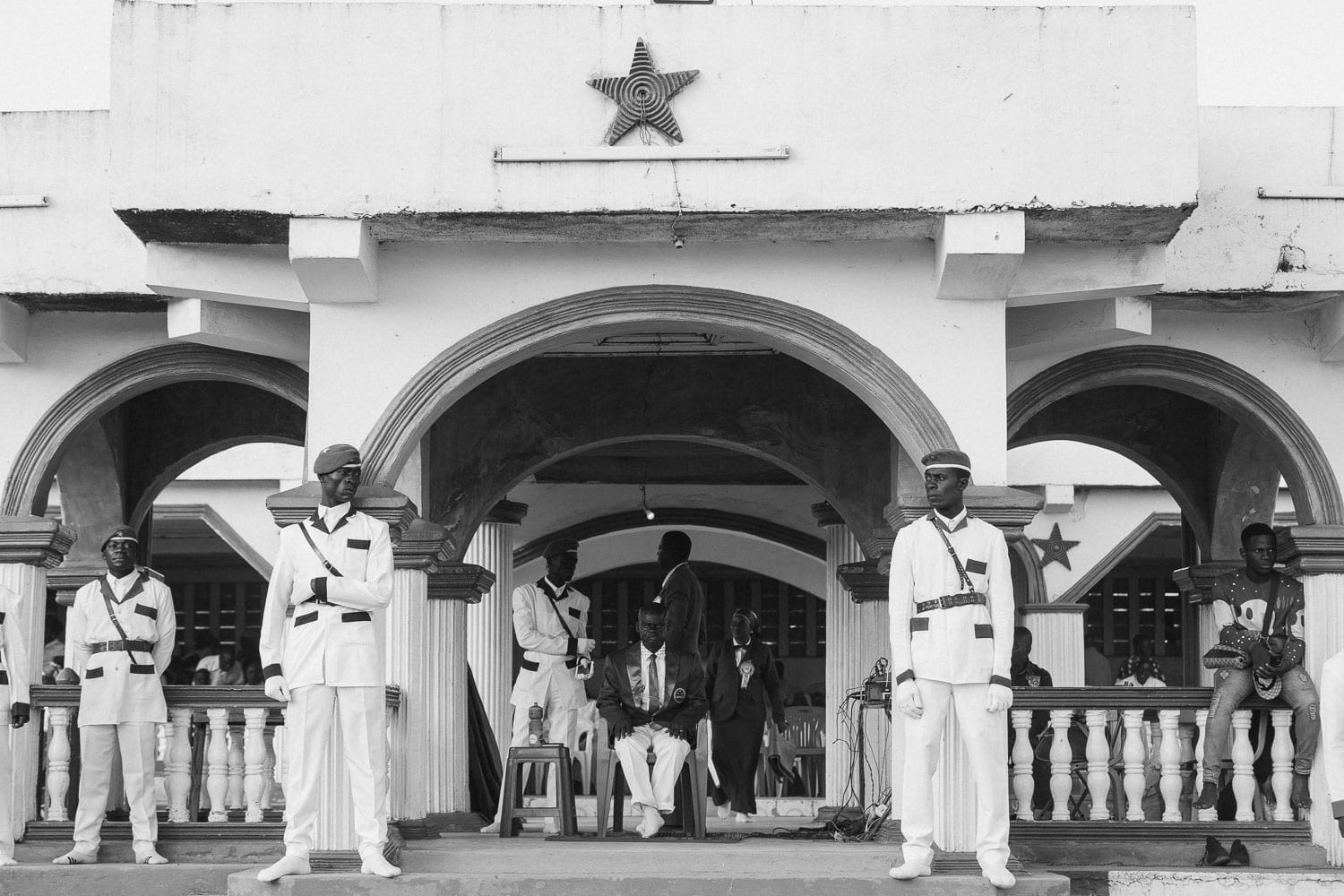
How did you first get into photography?
I studied and lived in the US for 10 years. When I returned to Africa, photography was my way to reconnect to my homeland. It allowed me to begin investigating what home is and what it means to me. While nostalgic memories made me crave the past, and what I remembered of it, I was at the same time investigating and experiencing the new. Photography quickly became the way in which I was best able to express myself and record what I was seeing.
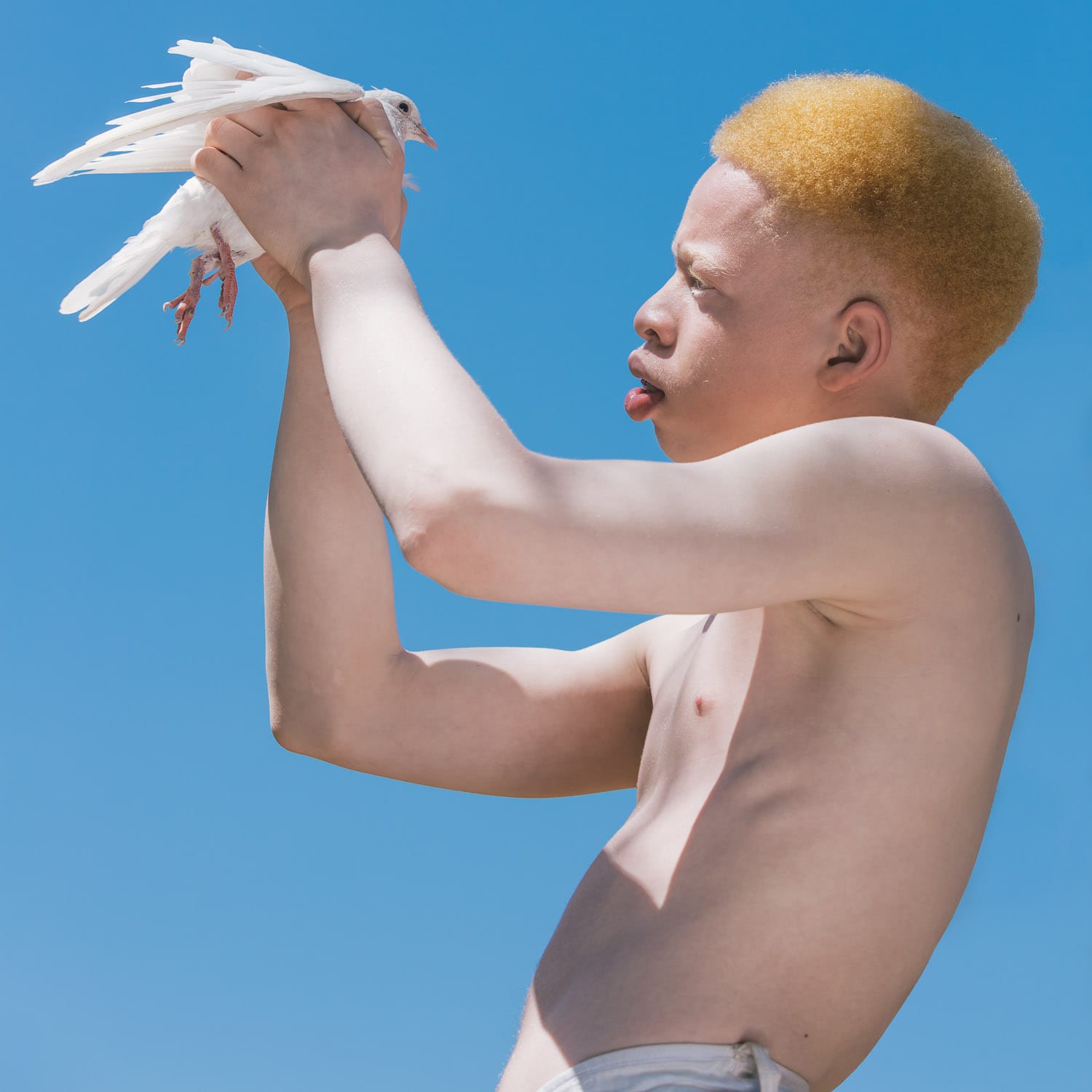
You have described your interest in exploring the New African Identity. Can you explain what you mean by this?
Over the past few years, interest in African art, music and culture has been on rise in the West. I am interested what it means to be African in a time where the spotlight is seemingly on Africa.
At the same time, African youth have begun to embrace their culture, relearn their history, and as a result, express themselves in various ways, combining the past and present to imagine their futures and that of the continent. I think Africans are in the process of rewriting their own narrative.
How do you hope to change the narrative on Africa through your work?
I hope to change the narrative on Africa by creating images that generate dialogue about issues on the continent, without reinforcing the dominant narratives that are often sensationalised. I think there is power in Africans telling their own stories and every story counts.
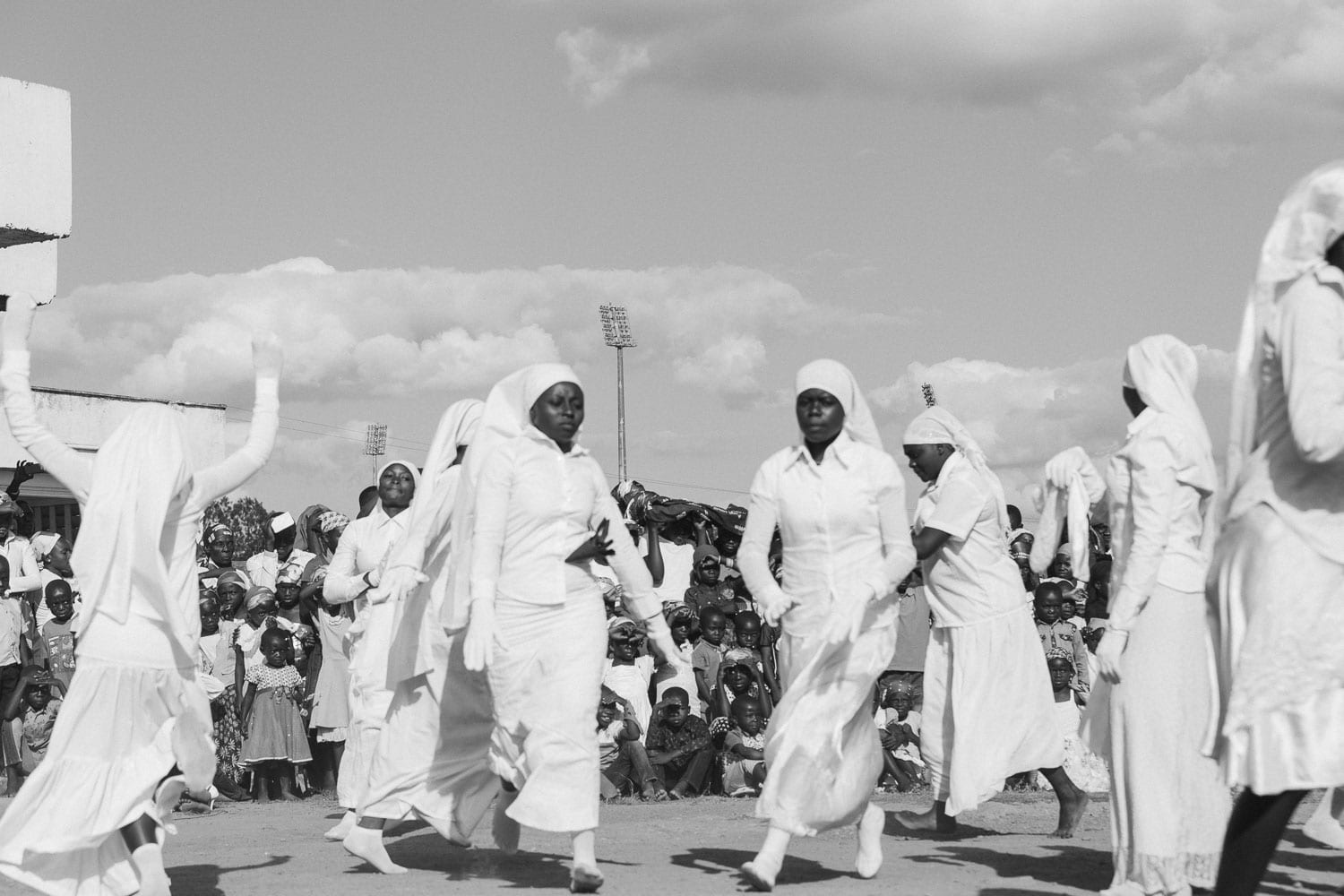
Can you tell me about your projects, Stranger in a Familiar Land and Still a Stranger? How do they tie into one another?
After Stranger in a Familiar Land, which primarily looked at the treatment of people with albinism in certain parts of Africa, I was commissioned by the Lubumbashi Biennale to prepare some work. That is how Still a Stranger came about. Still a Stranger continues with the theme of isolation and not belonging, but this time the focus is specifically on Michael, a teenager with albinism.
Can you tell me a little about your project Kimbanguists? What sparked your interest in this group of people?
I was doing a residency in Lubumbashi, DRC with the organisation Picha, and noticed how religious the town was. There is literally a church on every corner, and women wearing kitenges with images of Jesus on them. I was walking past a group of women one day and I asked a friend of mine who they were. He began to tell me about the history of the Kimbanguists, and it fascinated me, particularly in their belief that Jesus was black. I was very interested in their history and beliefs, and how they had managed to appropriate Christianity and engage in a new interpretation of the bible. Most of my early education was focused on African history and culture from a European perspective, and photography has given me an opportunity to unlearn and learn, and investigate history from an African perspective.
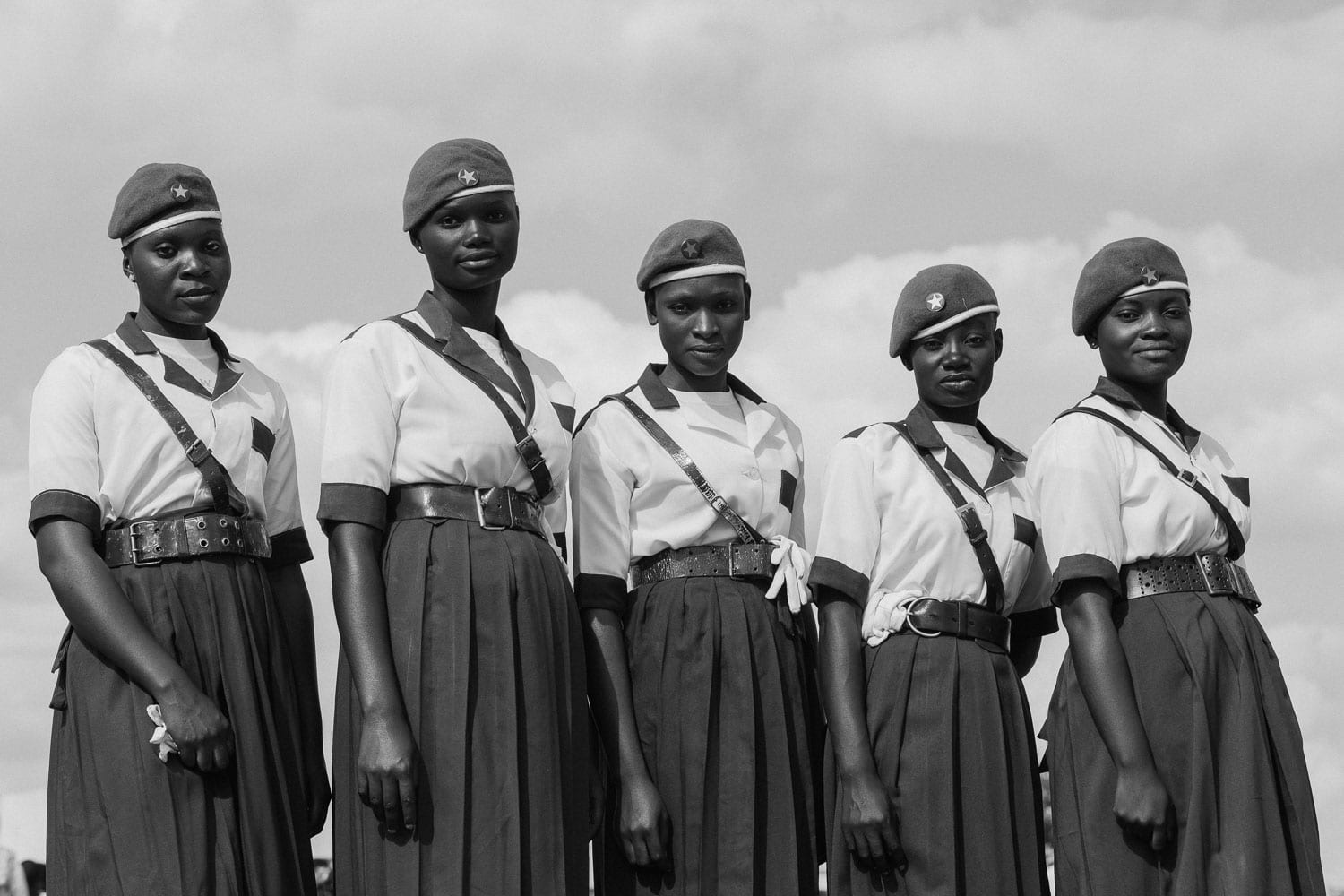
How do you think photography can unify people and change perspectives?
I think photography, just as with any other art form, can be instrumental in changing perspectives and in highlighting various social and political issues. It can certainly spark much needed dialogues and hopefully get people to question their truths.
How do you hope people will respond to your work?
I would like for people to really question what they think they know, but ultimately I hope the work will spark thought, ideas, feeling, and emotion.
Do you want to be part of the movement? Together, we will create a Portrait of Humanity
